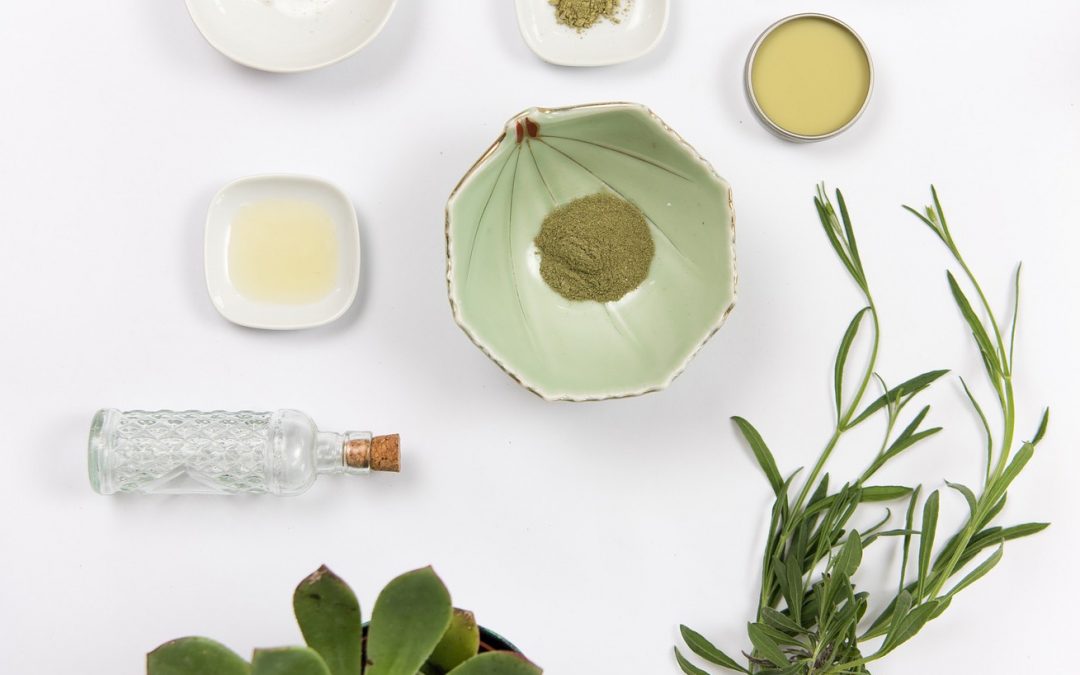 Hey there! Are you tired of dealing with dull, lackluster skin? You’re not alone! Many people struggle to achieve that elusive “glow,” but the good news is that it’s achievable with the right skincare techniques.
Hey there! Are you tired of dealing with dull, lackluster skin? You’re not alone! Many people struggle to achieve that elusive “glow,” but the good news is that it’s achievable with the right skincare techniques.
Let’s dive into the best skincare techniques for glowing, healthy skin.
- Cleanse your skin thoroughly
The first step to healthy, glowing skin is to ensure that it’s clean. Cleansing removes dirt, oil, and makeup from the skin’s surface, allowing it to breathe and absorb nutrients more effectively.
Choose a gentle cleanser that’s suited for your skin type, and use it twice a day – once in the morning and once at night. If you wear makeup, use a makeup remover before cleansing to ensure that all residue is removed.
- Exfoliate regularly
Exfoliation is the process of removing dead skin cells from the surface of your skin. This helps to unclog pores, prevent breakouts, and improve skin texture.
There are two types of exfoliation: physical and chemical. Physical exfoliation involves using a scrub or brush to physically remove dead skin cells, while chemical exfoliation uses acids to dissolve them.
 Choose an exfoliation method that’s suited for your skin type and use it once or twice a week to avoid over-exfoliating.
Choose an exfoliation method that’s suited for your skin type and use it once or twice a week to avoid over-exfoliating.
- Hydrate your skin
Keeping your skin hydrated is crucial for achieving healthy, glowing skin. When your skin is dehydrated, it can appear dull and dry, and fine lines and wrinkles can be more prominent.
To keep your skin hydrated, drink plenty of water throughout the day, and use a moisturizer suited for your skin type. If you have dry skin, look for a heavier, cream-based moisturizer, while those with oily skin should opt for a lighter, oil-free formula.
- Protect your skin from the sun
Sun damage is one of the biggest culprits of dull, aging skin. Exposure to UV rays can cause sunspots, wrinkles, and other signs of premature aging.
To protect your skin from the sun, use a broad-spectrum sunscreen with an SPF of at least 30, and reapply every two hours when outside. Wear protective clothing, such as a hat and sunglasses, and avoid sun exposure during peak hours (10 am-4 pm).
- Incorporate antioxidants into your skincare routine
Antioxidants are compounds that protect the skin from damage caused by free radicals, which are unstable molecules that can cause cell damage and aging.
Incorporate antioxidants into your skincare routine by using products containing vitamin C, vitamin E, or other antioxidants. These can help to brighten the skin, improve texture, and prevent signs of aging.
In conclusion, achieving healthy, glowing skin requires a consistent skincare routine that includes cleansing, exfoliating, hydrating, sun protection, and antioxidants. By following these techniques, you’ll be on your way to radiant, youthful-looking skin in no time!
References
- American Academy of Dermatology. (n.d.). Sunscreen FAQs. Retrieved from https://www.aad.org/public/everyday-care/sun-protection/sunscreen-patients/sunscreen-faqs
- Baumann, L. (2007). Skin ageing and its treatment. Journal of Pathology, 211(2), 241-251.
- Draelos, Z. D. (2010). The effect of a daily facial cleanser for normal to oily skin on the skin barrier of subjects with acne. Cutis, 86(2), 110-116.
- Farris, P. K. (2012). Topical vitamin C: a useful agent for treating photoaging and other dermatologic conditions. Dermatologic Surgery, 28


Recent Comments